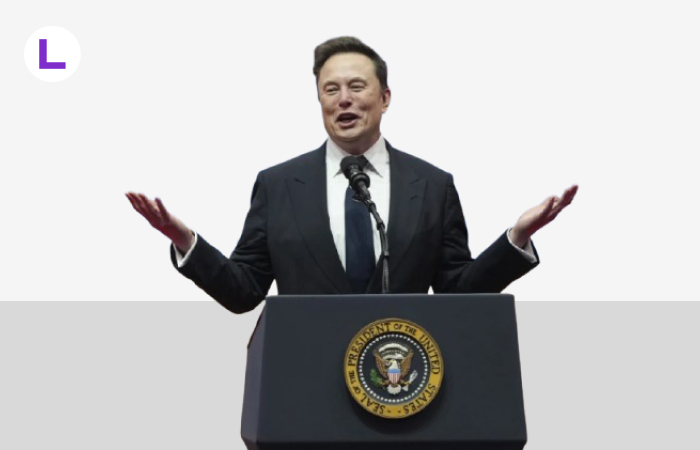Washington, D.C. – U.S. President Donald Trump has confirmed that the upcoming tariffs will apply to all countries, marking a significant escalation in his administration’s trade policies. The new import duties, expected to be announced this week, have been described by Trump as “America’s Liberation Day,” signaling a strong push for economic protectionism.
Speaking aboard Air Force One, Trump stated that the tariffs would affect “essentially all of the countries that we’re talking about,” reinforcing fears of widespread economic repercussions. He further asserted that the U.S. has been more generous than other nations in trade dealings and that the new measures are aimed at leveling the playing field.
Global Markets React to Tariff Announcement
News of the tariffs has already unsettled global financial markets, with major Asian indices experiencing sharp declines:
-
Nikkei 225 (Japan): Dropped by 4%
-
Hang Seng (Hong Kong): Fell 1.6%
-
Kospi (South Korea): Declined by 2.5%
Market analysts warn that these tariffs could trigger a broader economic downturn and intensify concerns over a global trade war. Many countries are now assessing how these policies might affect their economies and international trade agreements.
White House Sends Mixed Signals
Trump’s latest remarks contradict previous statements from senior administration officials, including White House economic adviser Kevin Hassett, who previously suggested that the tariffs would be limited to countries with the largest trade imbalances with the U.S.
This broader approach has raised concerns among key U.S. trading partners such as Canada, the European Union, and the United Kingdom, all of whom may consider retaliatory measures. The uncertainty surrounding the scope of these tariffs adds to the unpredictability of global trade policies.
Economic Justifications and Job Market Impact
Supporters of the tariffs argue that they will generate substantial revenue and help boost American manufacturing jobs. According to trade adviser Peter Navarro:
-
A 10% tax on car imports could generate $100 billion in revenue.
-
The full range of tariffs could bring in $600 billion, representing 20% of the total value of U.S. goods imports.
-
The White House projects that these measures could create up to 3 million American jobs.
Despite these claims, many economists remain skeptical. Financial experts warn of potential economic slowdowns, inflation, and disruptions to global supply chains. Goldman Sachs recently increased its recession forecast to 35%, citing the likely impact of these tariffs on the economy.
TikTok Sale Deadline Approaches
In a separate update, Trump announced that negotiations for the sale of TikTok’s U.S. operations are nearing completion, with a deadline set for April 5. The China-based parent company, ByteDance, has been ordered to finalize a deal with a non-Chinese buyer or face a complete ban in the U.S. on national security grounds.
This deadline was initially established under the Biden administration but has been enforced under the current White House leadership. The outcome of this deal could have significant implications for the future of the popular short-video platform in the U.S.


